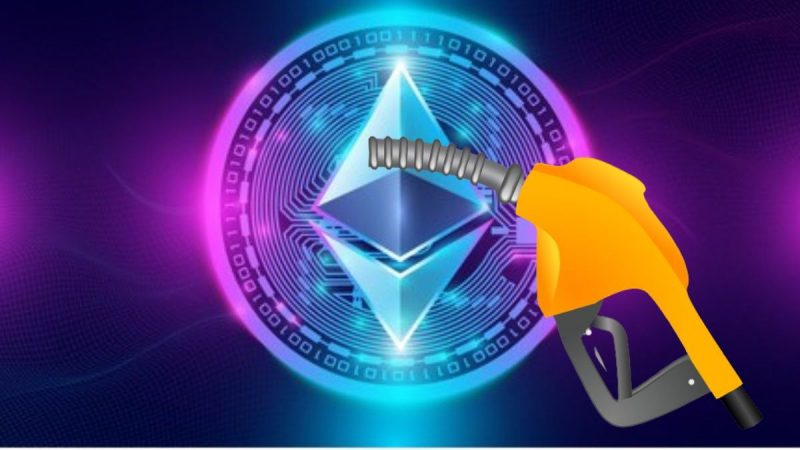Cryptocurrency metaverse has become an integral part. Lately, the cost of transactions for many altcoins has increased thereby limiting the minimum acceptable transaction size.
What is Ethereum (ETH)?
Ethereum is open-source decentralized blockchain technology. It works across various Proof of Work (PoW) networks just like Bitcoin. Ethereum (ETH) is independent entirely on it is own blockchain. It is the second-largest crypto by market capitalization.
What is Gas Fee?
Gas is a unit that measures the amount of computing power that is required to execute specific transactions on Ethereum. Blockchain investing requires gas to transact across the largest PoW networks. Each Ethereum transaction requires this resource and therefore each of the transactions requires a fee. This fee is what is referred to as gas. The gas fee is denoted in gwei
Sadly, transactions on the Proof of Work (PoW) metaverse, especially Ethereum, have remained at the peak. Ethereum on-chain transactions have become even more expensive as the Gas Fee has almost doubled.
Gas Fee Statistics
The actual price you pay for each crypto transaction is dependent on the network’s protocol. and traffic on that network. A transaction in Ethereum (which employs PoW) will have a fee that is fundamentally different from a transaction in Cardano (which utilizes Proof of Stake) (PoS).
The average gas price has declined to 100.69 Gwei since reaching a high of 121.23 Gwei on August 29. The average cost of a transaction was $30.865. Since the London hard fork on August 5, the transaction costs for Ethereum have increased by 110 percent.
The average fee per transaction on Ethereum Pow reached an all-time high of $6.04 in August 2020. We hadn’t seen anything like this since 2015. Accordingly, the increased fees corresponded to the rapid growth of decentralized financial protocols such as Uniswap.
Why the High Gas Fee?
Ethereum PoW fees skyrocketed by 470%, setting a new high on May 11, 2021. This came after a prediction by the London hard fork implemented EIP-1559. A single transaction went as high as $300 worth of gwei.one of the major drivers of this hike is the renewed interest in NFTs.
OpenSea announced the support of immutable X ( a layer 2 protocol)offering free gas minting and trading. OpenSea is one of the leading consumption of gas and the highest that has contributed to 21%.
However, the average gas price has declined to 100.69 Gwei since reaching a high of 121.23 Gwei on August 29. The average cost of a transaction was $30.865. Since the London hard fork on August 5, the transaction costs for Ethereum have increased by 110.
Conclusion
As long as gas prices remain high, all eyes will be on the imminent Ethereum 2.0 update. Ethereum 2.0 will offer 64 additional chains as a result of shading, greatly increasing the number of transactions per second.
The price of eth gas fee saw a drop in the last 2 consecutive days. The question is, how far will it go before it rises again? Currently, the Ethereum gas fee sits at $29 worth of gwei.





